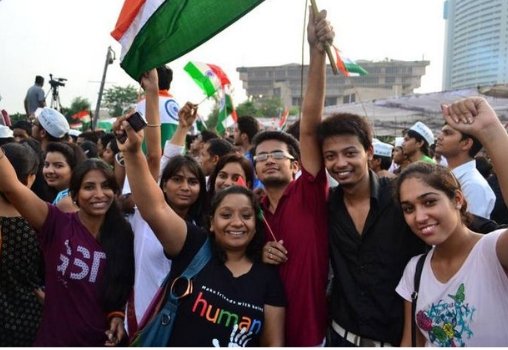In every society, the collective expectations and cultural norms profoundly influence the aspirations of its youth, including those related to politics. These societal pressures can either motivate or deter young individuals from pursuing political careers, shaping the future landscape of governance. This article explores how societal expectations impact young political aspirations and the broader implications for political diversity and innovation.
Introduction
Understanding the relationship between societal expectations and young political aspirations is crucial for fostering a diverse and dynamic political arena. Societal norms often dictate which careers are deemed respectable or desirable, which can significantly affect whether young people consider politics a viable and worthy career path.
Impact of Societal Norms
Career Prestige and Stability:
In many cultures, traditional professions like medicine, engineering, or law are often viewed as more prestigious and stable compared to politics, which can be seen as uncertain and fraught with challenges. This perception can discourage young talents from entering the political field, preferring instead to pursue careers that are more socially esteemed and financially secure.
Gender Expectations:
Gender norms significantly influence political aspirations. In many societies, politics is still viewed as a male-dominated field. These gendered expectations can deter young women from aspiring to political roles, thereby affecting gender diversity in political leadership. Conversely, in societies where strong female political figures are celebrated, more young women may feel encouraged and empowered to engage in politics.
Family and Community Influence:
The role of family and community in shaping career aspirations cannot be underestimated. In communities where public service and political engagement are valued and encouraged, young individuals may be more likely to see politics as an attractive and important field. However, in communities where politics is viewed as corrupt or ineffective, this can create a significant barrier to political engagement.
Examples and Trends
Scandinavian Encouragement:
In countries like Sweden and Denmark, where there is a high level of trust in political institutions and public services are robust, politics is often seen as an honorable profession. This societal trust encourages more young people to consider careers in public service.
Youth Movements in the Middle East:
The Arab Spring illustrated how young people could reshape political landscapes despite societal norms that traditionally excluded them from political conversations. These movements have started to change societal expectations about who can be involved in politics and how.
Overcoming Societal Barriers
Educational Programs:
Implementing educational programs that teach political literacy and the importance of civic engagement from a young age can help reshape societal norms and encourage more diverse young political aspirants.
Mentorship and Representation:
Increasing the visibility of young and diverse political leaders through mentorship programs can provide role models for young people and help change societal perceptions about who can be successful in politics.
Conclusion
Societal expectations play a significant role in shaping the political aspirations of the youth. By understanding and addressing the societal norms that discourage political participation, communities can foster a more inclusive and diverse political arena. Efforts to change perceptions about politics and increase representation can encourage more young people to pursue political careers, ultimately leading to richer, more varied political leadership that is capable of addressing the complex challenges of modern governance.


Leave a Reply